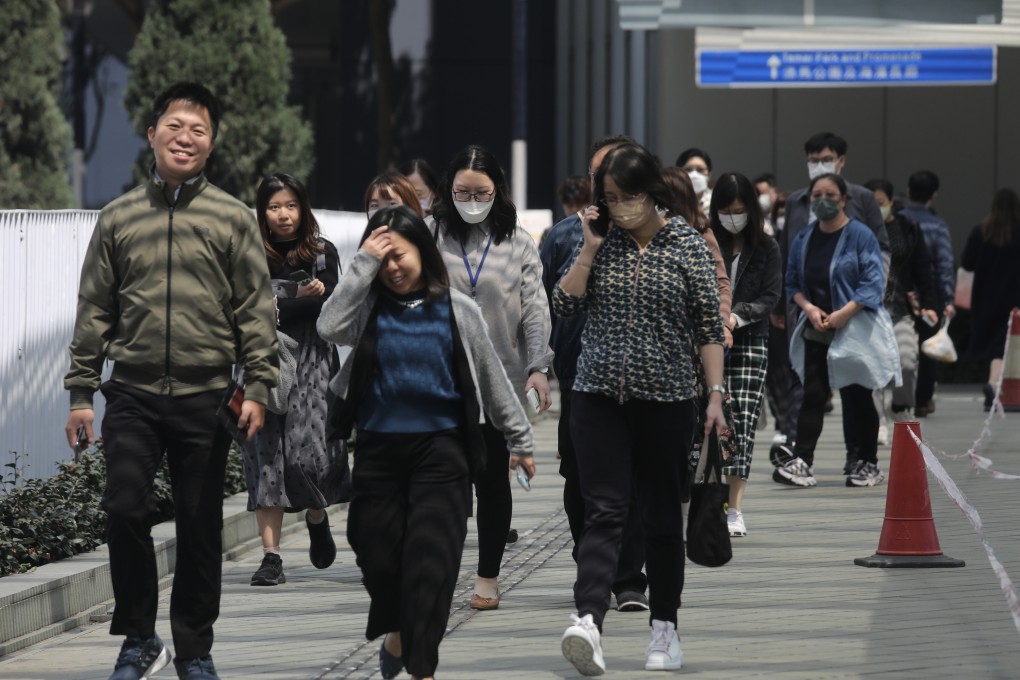Editorial | Manpower crunch may hold back Hong Kong’s post-Covid recovery
- There are concerns the city may be unable to cope with the growing pressure on tourism and other services. The government must work with the industries to ensure Hong Kong is gearing up for the challenge

The removal of the mask mandate may give the impression that Hong Kong is finally out of the Covid-19 woods. The belated move is also described by the government as a crucial step to bring the city back to a world that has long left the coronavirus behind. But the truth is that some sectors are still facing manpower shortages, raising questions whether the pace of recovery will be held back. There are concerns that the city may be unable to cope with the growing pressure on tourism and other services as a result of the economic restructuring fuelled by the prolonged pandemic. The government should closely work with the industries to address any bottlenecks.
Whether more overseas visitors will, as officials predict, come and say hello to Hong Kong following the mask-off announcement remains to be seen. As a matter of fact, tourism and the exhibition and convention sectors have been slowly reviving following the relaxation of hotel quarantine and vaccination pass arrangements late last year. But the news reports of lagging supporting services may give visitors reasons to think twice.
There have been reports saying Cathay Pacific and other carriers are not expected to resume their full capacities until the end of the year. This is hardly surprising, given the aviation industry was among the hardest hit during the global pandemic. Several airlines have also delayed resuming or increasing flights to Hong Kong owing to a lack of staff on the ground. According to the Airport Authority, some 78,000 staff worked at Hong Kong airport in 2019, but 32 per cent had left the industry by the end of last year.
Also struggling to catch up is the hotel industry. The operators were trying hard to survive during the Covid-19 crisis, with many transformed into quarantine facilities. As travellers slowly return, the industry is still reportedly understaffed by at least 20 per cent. Some hotels have already stepped up recruitment and training. But the manpower crunch may adversely affect the experience of customers, such as delays in checking-in and gaps in other services.
Hong Kong is not the only place facing such problems. A survey in Japan showed more than three quarters of the 10,000 Japanese accommodation facilities did not have enough full-time employees. According to government statistics, 510,000 people were employed in Japan’s accommodation sector in August 2022, down 20 per cent from August 2019. With more Chinese tourists ready to travel again, concerns are growing whether the facilities and services in the region can accommodate.
Inevitably, places that are ill-prepared for a post-Covid business boom will lose out. The government must closely monitor the situation and ensure the city is gearing up for the challenge.
